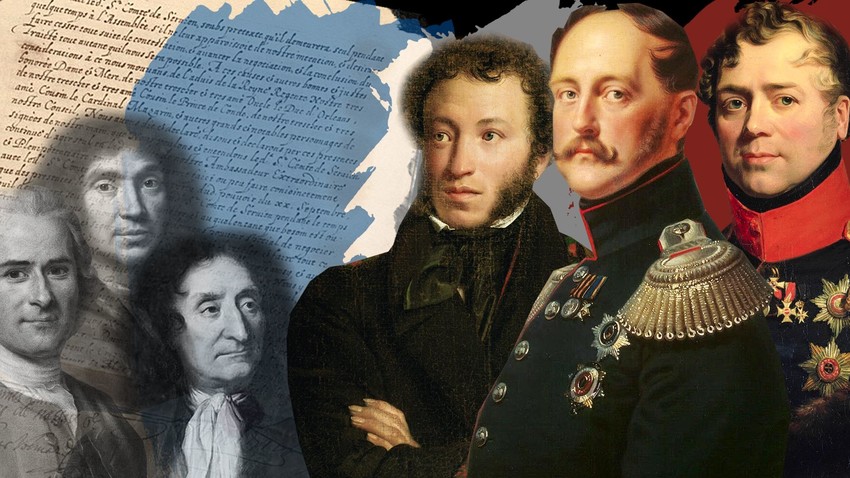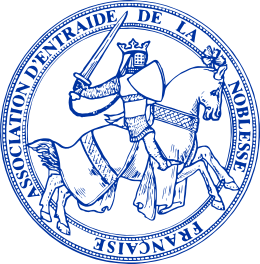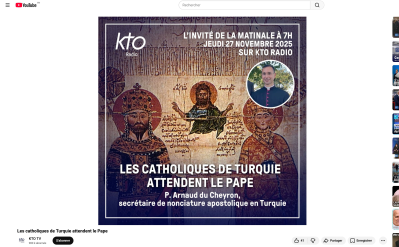News

Russia Beyond: "Why did the Russian nobility speak French?"
21 June 2021
Press review
Viewed 4227 times

Maurice Quentin de La Tour; Pierre Mignard; Hyacinthe Rigaud; Orest Kiprensky; Franz Krüger; George Dawe
In the 18th and 19th centuries, some Russians learned French grammar rules before Russian,...
You must be logged in to read more









